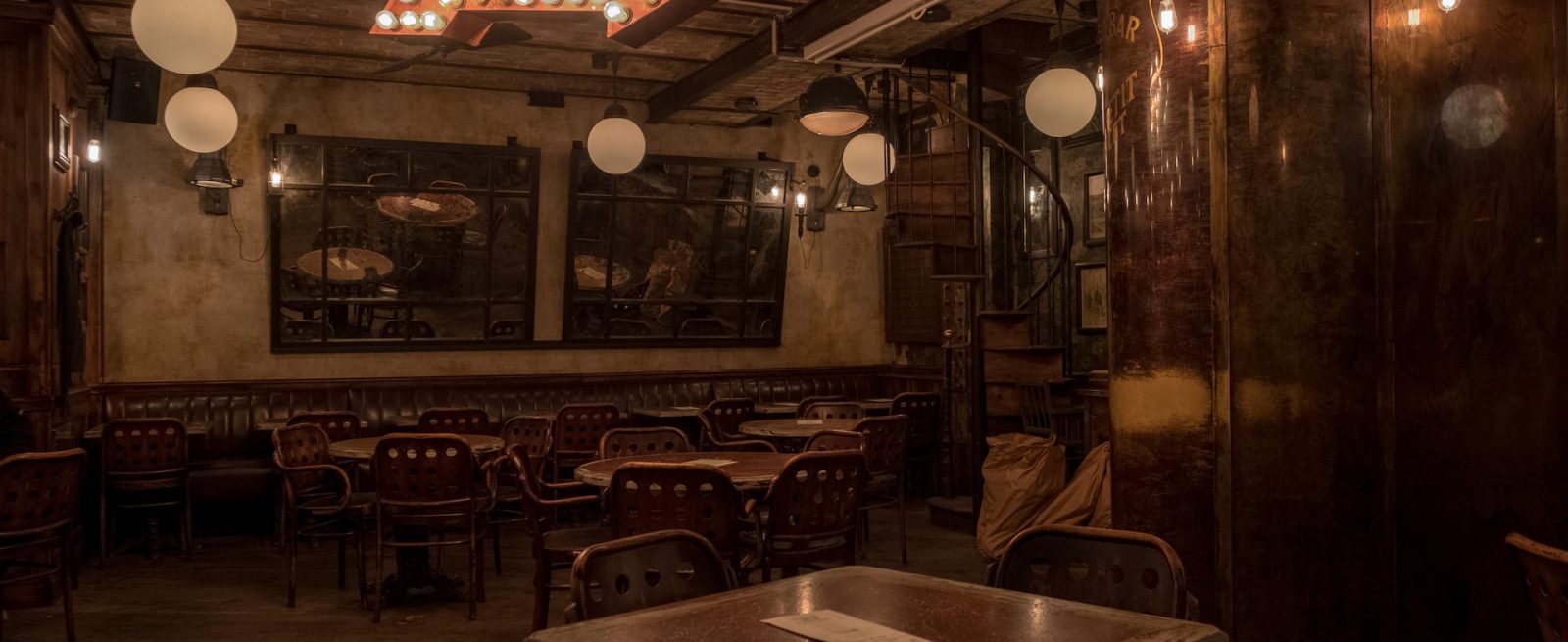Recipe for Success – How Technology Is Revolutionizing the Restaurant Industry
3 Min Read By Maxwell Harding
The hospitality industry has until very recently been known to drag its feet when it comes to new technology. This partly results from a persistent and prevalent status quo bias that adapting to new tech is costly and tricky to implement. This was however, until COVID-19 changed everything.
Cloud-based technology has been leading the tide of change over the last couple of years. Despite rising ingredient costs and staffing shortages, more than half of the 8,000 restaurant operators and owners polled globally in Lightspeed’s State of the UK Hospitality Industry, agreed that adopting new technology over the past two years has been critical to their success. The most widely adapted tools this year include new or expanded online ordering, contactless payments, QR code ordering and new POS and restaurant management systems.
Software-as-a-Service (SaaS) technology has also rapidly gained traction as operators adapted to changing expectations while meeting demand for quick, convenient, and time-saving transactions. These capabilities enable hospitality staff to function more efficiently, with greater capability to provide a frictionless service, as well as alleviating pressure during periods of labour shortages. What’s more, widespread adopting of technologies like cloud-based EPOS systems means the concepts of cashiers and queuing will reduce even further as self-service channels (apps and kiosks) continue to proliferate.
Ninety percent of restaurants agree that increased automation would allow their staff to focus on more critical tasks. By freeing up staff from standing behind counters and tills, they can add experiential value by proactively supporting and greeting guests.
Despite the many benefits it brings, there is, however, a belief that automation technology will replace human jobs. Yet, this isn’t true. Used properly, cloud automation technology can alleviate time-consuming, mundane, and administrative tasks while improving efficiencies. In fact, 90 percent of restaurants agree that increased automation would allow their staff to focus on more critical tasks. By freeing up staff from standing behind counters and tills, they can add experiential value by proactively supporting and greeting guests. The importance of this crucial human element cannot be understated.
For hospitality and catering businesses, tech can also provide key insights and easy access to non-anonymised basket-level data that helps them make better, more informed decisions. This includes what products to sell, to what clientele, and at what time – to point to just a few. This in turn allows restaurant owners and managers to provide a better and more tailored service for their customers. Through tracking orders and managing produce, venues can also plan resources and product supply more effectively, reducing waste and saving costs. Ultimately, this results in greater sustainability, both environmentally and economically.
Additionally, with the cost of living continuing to skyrocket and food price inflation at a record high, customers are increasingly focusing their spending where they are likely to garner some type of benefit. As a result, loyalty programmes are now playing a hugely important role in attracting and retaining customers.
Through EPoS systems or white-labelling apps, operators can leverage these benefits to the fullest extent by providing customers with ‘rewards’ and ‘giveaways’ that feel unique to them. This is thanks to the software’s ability to analyse every individual’s purchase history and then promote specific meals and drinks to meet the preference of each customer. This will enable operators to not only stay competitive, but also improve customer service over time, retain customer data for targeted marketing campaigns, and introduce loyalty and reward programmes on an ad hoc basis.
The next few years will be absolutely critical in the industry’s evolution and it’s likely that we will see more operators go fully digital this year. It’s imperative that the sector recognises that consumers now expect these types of innovations. Those who fail to keep up with the times risk losing out to the competition. Innovation and tech is no-longer a “nice to have”, but a business imperative.


